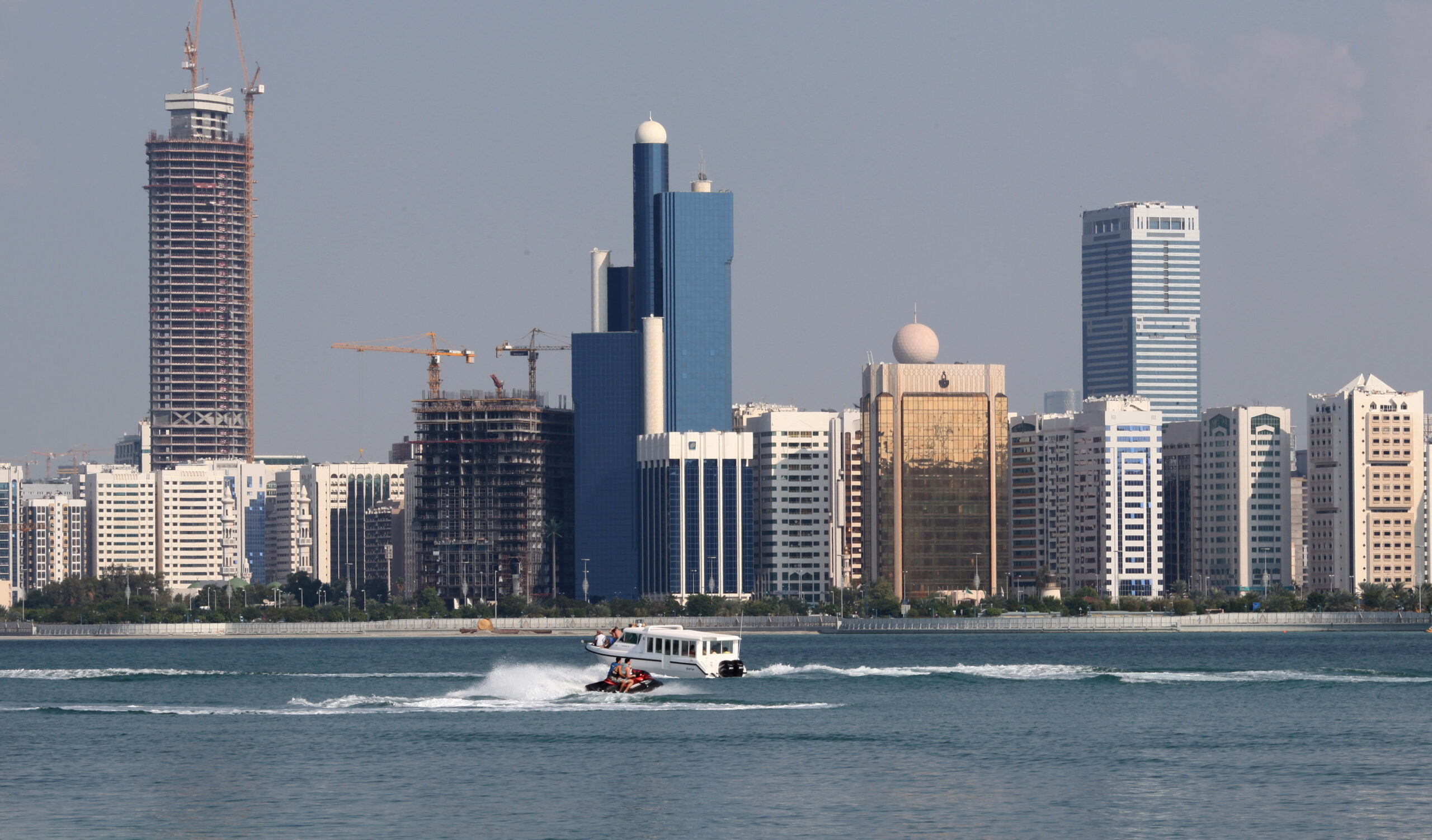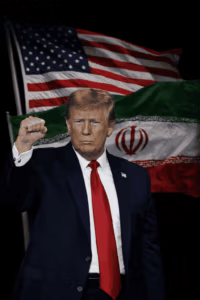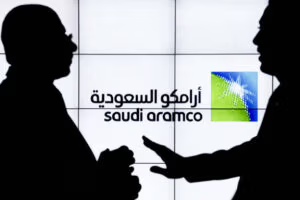The International Monetary Fund (IMF) has forecasted steady economic growth for the United Arab Emirates (UAE) over the next two years, driven largely by non-oil sectors and strategic investments. While global economic projections are being revised downward, the UAE is bucking the trend.
What are the growth projections?
- Abu Dhabi is expected to grow by 4.2% in 2025, accelerating to 5.8% in 2026, according to the IMF.
- Dubai’s economy is projected to expand by 3.3% in 2025, increasing slightly to 3.5% in 2026.
- The UAE as a whole is expected to grow by 4% in 2025, with growth rising to 5% in 2026.
These figures were shared by Jihad Azour, Director of the IMF’s Middle East and Central Asia Department, during a media briefing in Dubai hosted by the Dubai International Financial Centre in collaboration with the IMF.
Why is the UAE expected to grow while others face slowdowns?
Azour explained that the UAE’s resilience is rooted in its:
- Strong non-oil sector performance, particularly in real estate and financial services.
- Continued infrastructure investments, which are boosting domestic demand and long-term competitiveness.
- Diversification efforts that have lessened dependence on oil revenues.
This diversified economic base has allowed the UAE to maintain strong growth projections, even as the IMF has revised global and regional forecasts downward.
How does this compare with other countries in the region?
Azour noted that Gulf Cooperation Council (GCC) countries vary significantly in economic structure and reserves, leading to different levels of vulnerability to global market shifts.
The Middle East and North Africa (MENA) region overall recorded 1.8% growth in 2024, with projected increases to 2.6% in 2025 and 3.4% in 2026. However, these are lower than the IMF’s previous October 2024 estimates, which had predicted 4% growth for 2025 and 4.2% for 2026.
Bottom line
Despite global uncertainty, the UAE stands out as an economic bright spot in the region. Backed by non-oil expansion and solid policy frameworks, it is on track for accelerated growth, reinforcing its position as a key economic hub in the Middle East.






